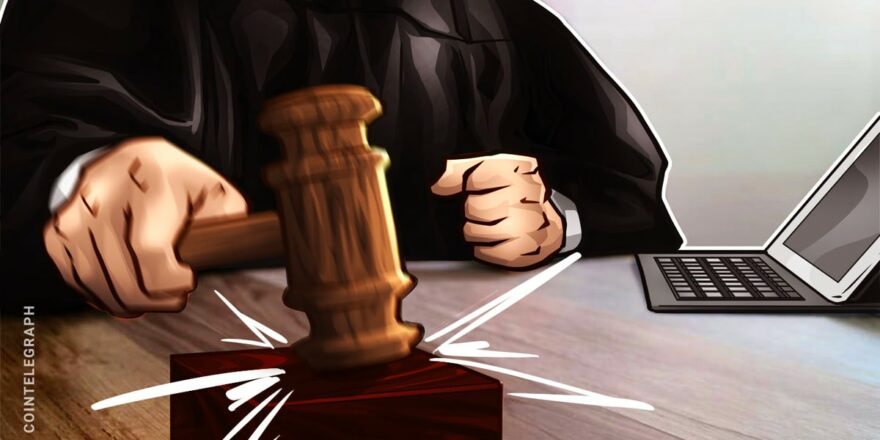Evidence mounts as new artists jump on Stability AI, MidJourney copyright lawsuit
A copyright lawsuit filed against multiple companies developing artificial intelligence (AI) tools has been amended as artists and their legal teams alleged the misuse of their creative works.
On Nov. 29, a group of visual artists amended a case previously struck down by a United States judge, adding seven new artists and more details about the alleged infringement.
The new artists include H. Southworth, Grzegorz Rutkowski, Gregory Manchess, Gerald Brom, Jingna Zhang, Julia Kaye and Adam Ellis.
According to the amended class action case Stability AI, Midjourney and DeviantArt, along with a new defendant, Runway AI, have produced systems that create art in the style of the artists when the artists’ names are used as prompts fed to the AI.
The plaintiffs claim that, as a result, users have generated art that is “indistinguishable” from their own. The artists said while the AI developers “like to describe their AI image products in lofty terms, the reality is grubbier and nastier.”
“AI image products are primarily valued as copyright-laundering devices, promising customers the benefits of art without the costs of artists.”
Related: Artists face a choice with AI: Adapt or become obsolete
In addition, the artists allege that Midjourney – one of the most popular generative AI tools for creating art with roughly 16.4 million users, according to its website – has violated rights that fall under federal trademark laws in the United States.
The claims point to MidJourney’s website promoting a list of over 4,700 artists’ names, which includes some of the plaintiffs’, to use as generative prompts.
“Recently, plaintiff Kelly McKernan was astonished to find that the top internet search result for their name is now an AI-generated image made with Midjourney, prompted with Mx. McKernan’s name.”
The amended lawsuit argues that “without intervention, this is the grim future that awaits many other artists.”
Previously, parts of this specific case were dismissed when U.S. Judge William Orrick cited a lack of evidence on the plaintiffs’ side. However, he allowed the plaintiffs to reopen the claim in a new or updated version, as seen in the recent developments.
This is one of many cases brought up against various AI developers in the industry with copyright infringement at the heart of the complaints. Other cases involve big tech companies, including Google, Microsoft and Meta.
Magazine: ‘AI has killed the industry’: EasyTranslate boss on adapting to change
Source: Read Full Article

